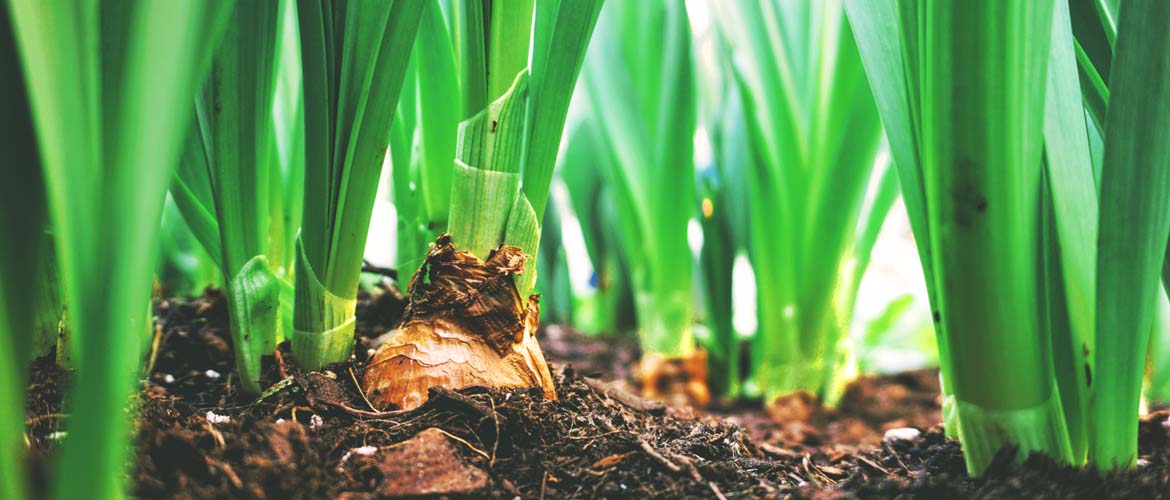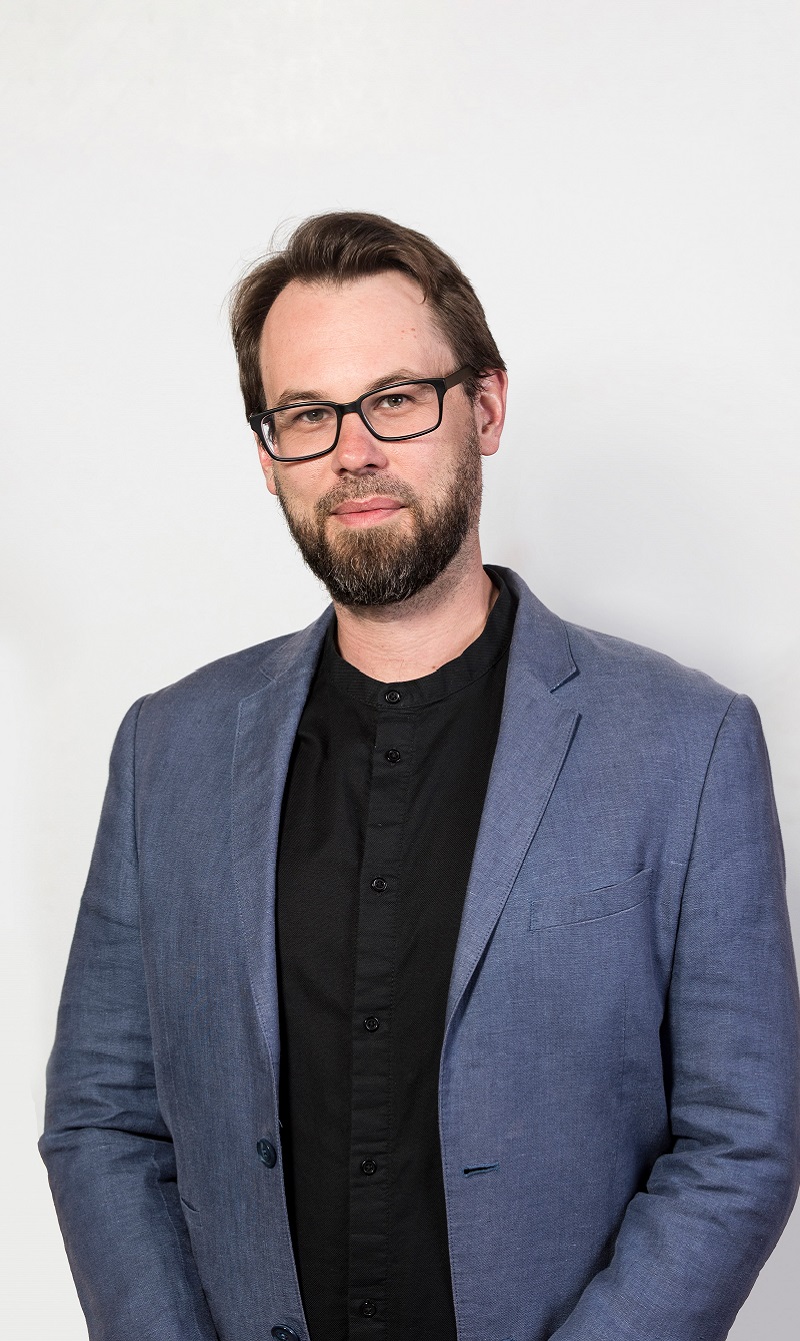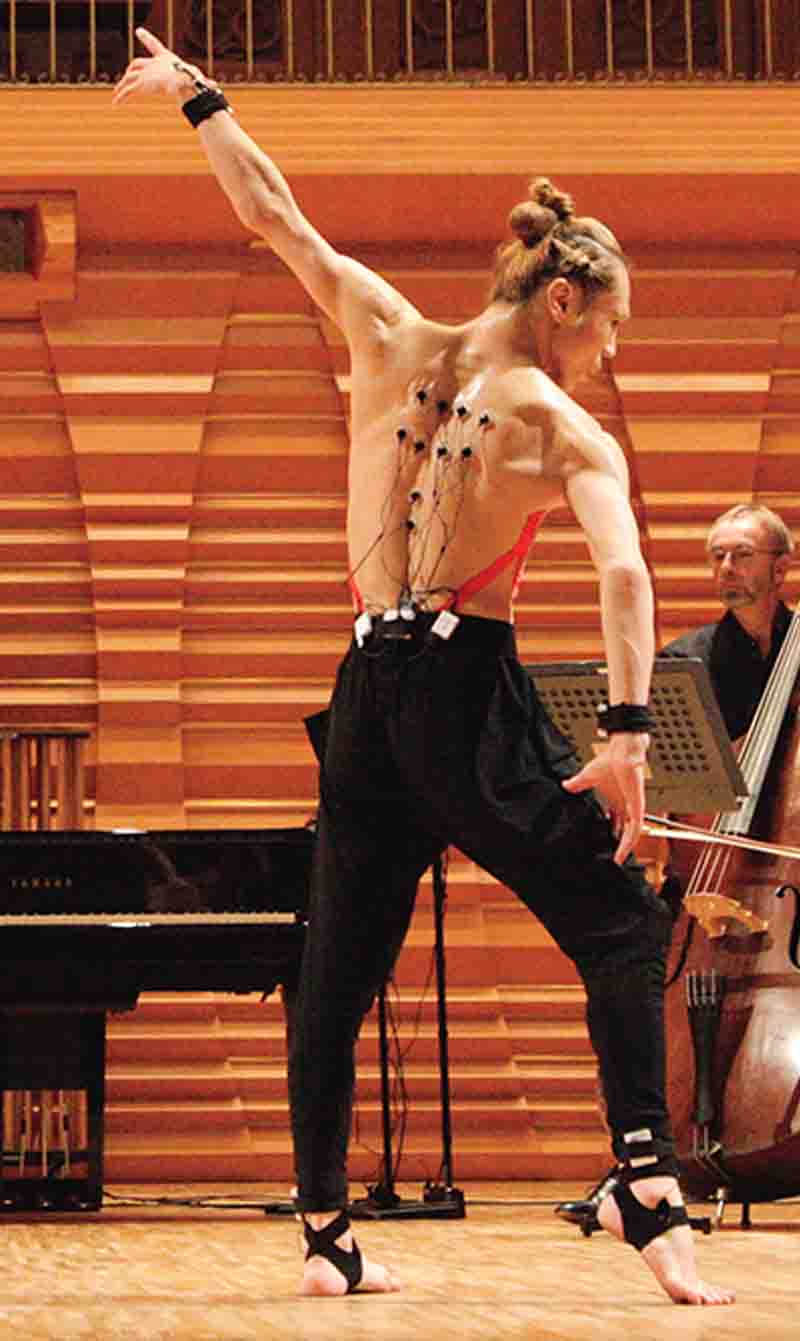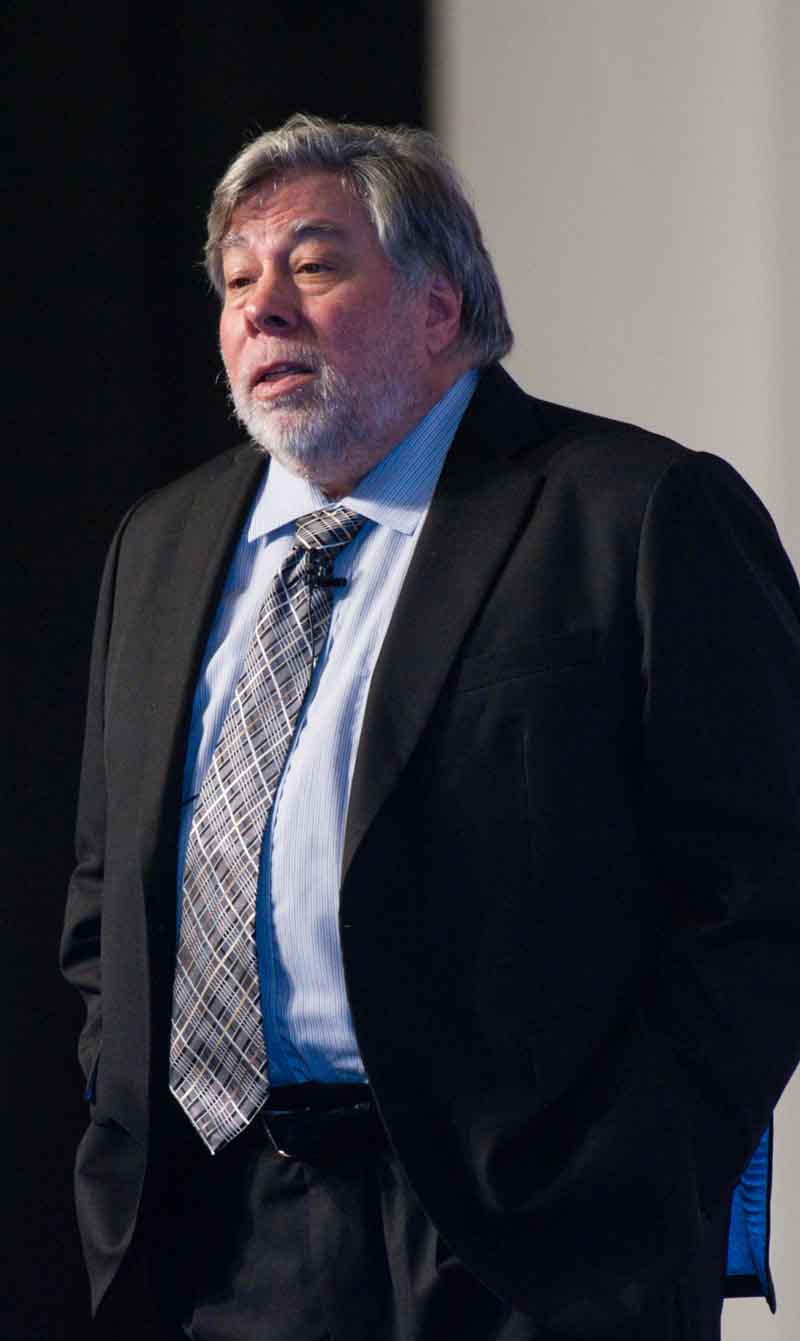Think soil not oil
Some people are beginning to realise the limited food varieties their local groceries offer. Agriculturists explain the reason behind that and the future of food.
Even though some take what they eat for granted, the fact is, food and health will always remain the most important thing in life and so will agriculture. Agriculturists are taking action in various forms to contribute to a more sustainable lifecycle, to keep a longer and healthier lifestyle.
Though sustainable agriculture may have been an age-old way of life, it’s certainly coming back with a vengeance. According to five sustainable farming and green advocates, the quality of food and plants is detoreating with time, in addition to increasingly desperate farming conditions in the current agricultural system. Five sustainable agricultural practitioners – Jon Jandai, founder of Pun Pun Organic Farm, Stuart Thomas, founder of Babylon Vertical Farms, Muneeb Yousuf from Urban Hijau, Davina Goh, vegan advocate, and Anthony Wong, managing director of Frangipani Langkawi resort and Spa and an organic farming advocate – think that a new economic system needs to support farms to make better food.
Organic farming guru: Jon Jandai
Jon Jandai’s a farming guru and an earthen builder who co-founded Pun Pun Organic Farm in Thailand in 2003. His learning centre practices and teaches sustainable living through agriculture. One of the problems he talks about is the lack of food variety in the market today. This has been known to cause many health issues such as deficiencies in essential vitamins and minerals.
Jon’s experience made him realise that city life is not what it’s cut out to be. ‘We all work hard, make a lot of money but we eat the same food. So, what do we work hard for?’ Jon says and believes that sustainable agriculture is the way to create a better lifestyle.
He claims that there were at least 2,000 different varieties of fish to eat and many types of tomatoes in the market but now that number has significantly reduced. ‘The variety of food is decreasing but no one notices. We used to enjoy a lot [of varieties] of food but now we eat a small variety and we get sick,’ he says.
In an effort to change that, Jon trains people to grow plants and how to increase their yield. At Pun Pun, people get to grow their own plants and eat them, then give their seeds to others to plant. People also come and share their food at the centre for the benefit of growing more food. ‘We need everybody to save the seeds our ancestors transferred,’ he says.
People in the city are also involved in his business. What they’re doing is emptying their land in the city, not for rent, but to offer Pun Pun the land to farm and sell produce. The people who do this benefit more out of 50 per cent of the retail price. With a few hundred acres and more than 600 people involved, Pun Pun sells their products in the market in Bangkok.
More people are growing their own food and turning back to traditional ways of farming, one of the reasons is to avoid chemical farms. According to Jon, less produce is created per acre in chemical farms than non-chemical farms. ‘If [the soil] is good, life is good,’ he says. He mentions the use of the system of rice intensification which can actually increase the yield of rice in farming.
Jon relies on volunteers for marketing and advertising. ‘You’d be surprised how community connections between ourselves and others is the basis of growing our own food and saving the earth,’ he explains. ‘It’s about the whole pattern and rules of nature. Think soil not oil. If you don’t have the right purpose, it’ll not work,’ Jon reminds.
Prepare your palate
Anthony Wong’s another organic farming advocate and sustainable tourism mobiliser in Langkawi, Malaysia. He started his journey 26 years ago in the Gombak area of Kuala Lumpur. He advises people to do their own farming and grow high protein food such as duckweed and worms. The question is, whether these will whet your palate.
‘There are many things you can do without high costs,’ he says. ‘You can grow food even in your cupboard but you can’t grow a cow in your cupboard,’ he laughs, pointing out that there’s plenty to do and learn. ‘The young people today have to address the issues because our salaries are getting lower. We don’t have to buy food,’ he says.
Another follower of the farmer-to-table concept is 23-year-old vertical farm advocate, Stuart Thomas, who started his business venture to create Babylon vertical farms. He stumbled upon the idea of vertical farms in an article about the next five trillion dollar industries and knew it would be very beneficial to create a zero waste ecosystem. Vertical farms bring producing food into the urban environment and integrates them into building structures.
A permaculture designer is also doing his part through Urban Hijau. Muneeb Yousuf utilises less than an acre of land in Sungai Penchala, Malaysia and grows and sustains an unexpected large variety of plant species. Besides selling produce, the planned sustainable social enterprise practices permaculture to generate profit and showcases farming methods to the wider public to allow them get connected to what they eat. ‘When kids see a banana tree and touch it, they get excited, we let them experience it and let them know what it is,’ he says.
Creating a connection with food is exactly what Davina Goh, a vegan advocate and green living enthusiast is also promoting, but in another way. In 2000s, she started a plant-based diet and now shares her recipes online. She believes veganism holds the future and that being mindful of what one eats will make one appreciate and create a connection with food. ‘We live in a fast food culture, food has to be fast and tasty. We have to remind ourselves and be mindful of what we eat every day,’ she says.
At a different stage of the food providing service is Grub Cycle, an online delivery service that dedicates itself to reducing food waste. They provide surplus food products from supermarkets to customers online which mainly helps lower income families. They are also directly dealing with farmers and making their own products.
Food securing business
The tricky issue with farmers and farming, according to Anthony, is the marketing aspect. ‘It’s very expensive and it’s controlled by the money makers. I believe through a network, we can go directly to the consumer, and avoid the middle man,’ he says. Anthony created a WhatsApp community to enable him to connect and reach customers. ‘Even if you don’t start a business, you may be able to be a part of these,’ says Anthony.
Empowering people with her ability to cook vegan food, Davina says cooking is the most empowering thing to do. ‘It gives power and accountability about what you eat. Though people may think it’s a waste of time now, it reduces dependencies on big companies who produce things we can’t even pronounce,’ Davina says.
Jon believes that the person who has most impact is the consumer but the consumer doesn’t think about it. ‘Farmers can grow anything you want and make the price whatever price, the consumer is the one that should reconnect with the farmer to solve problems,’ he says. ‘We don’t want to import and export, everything is here, just support farmers in the area and make them grow what you want,’ he resolves.
Sustainable agriculture, Jon says, follows the whole pattern and rules of nature and this is the way to do it. ‘If we don’t transfer these seeds to the next generation, we will be the last generation on this earth,’ Jon concludes.
___________________
Photo Credit: maarten-van-den-heuvelon On Unsplash





